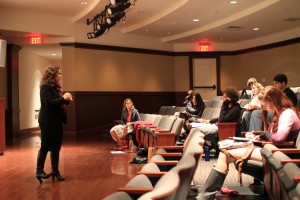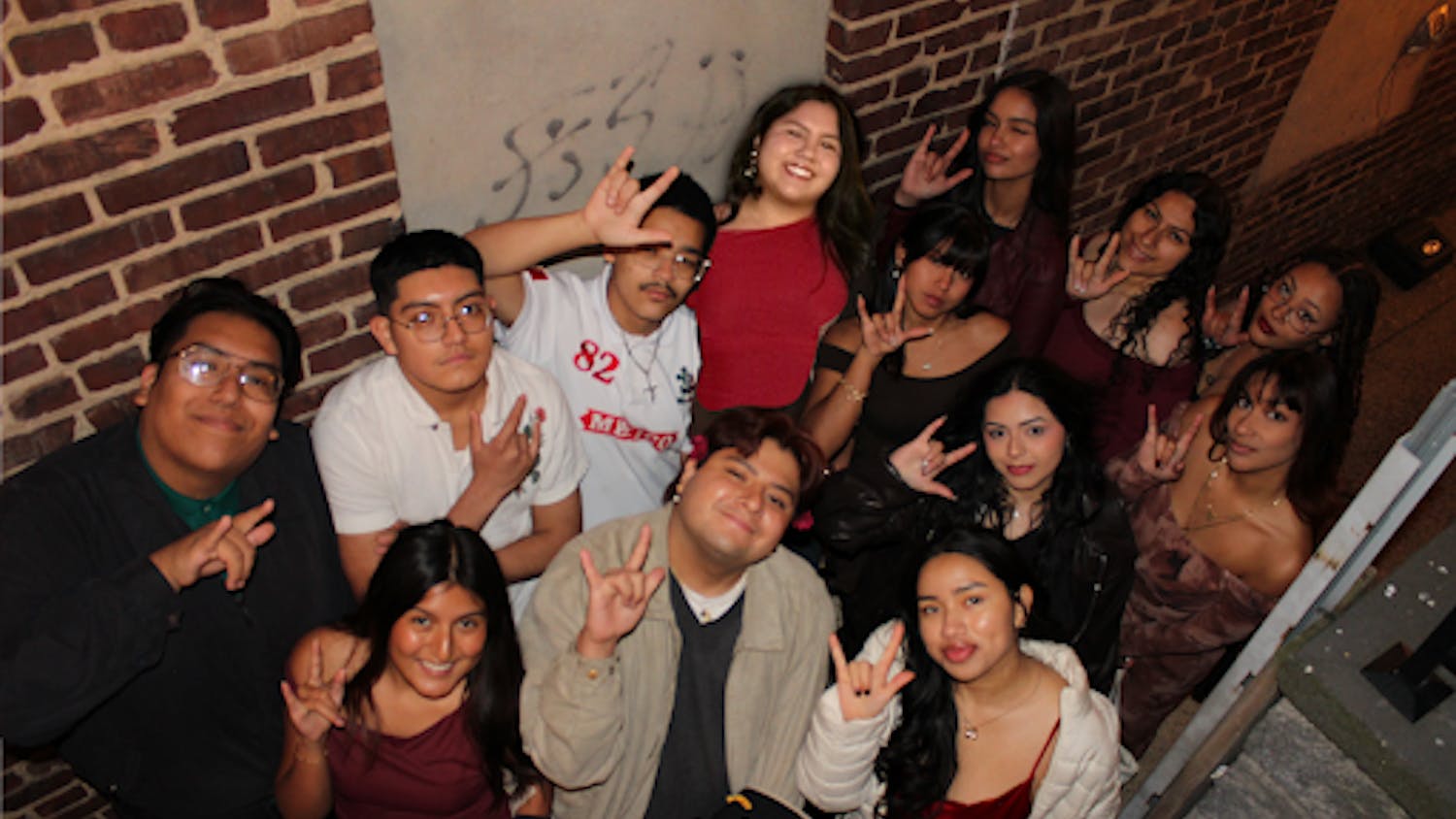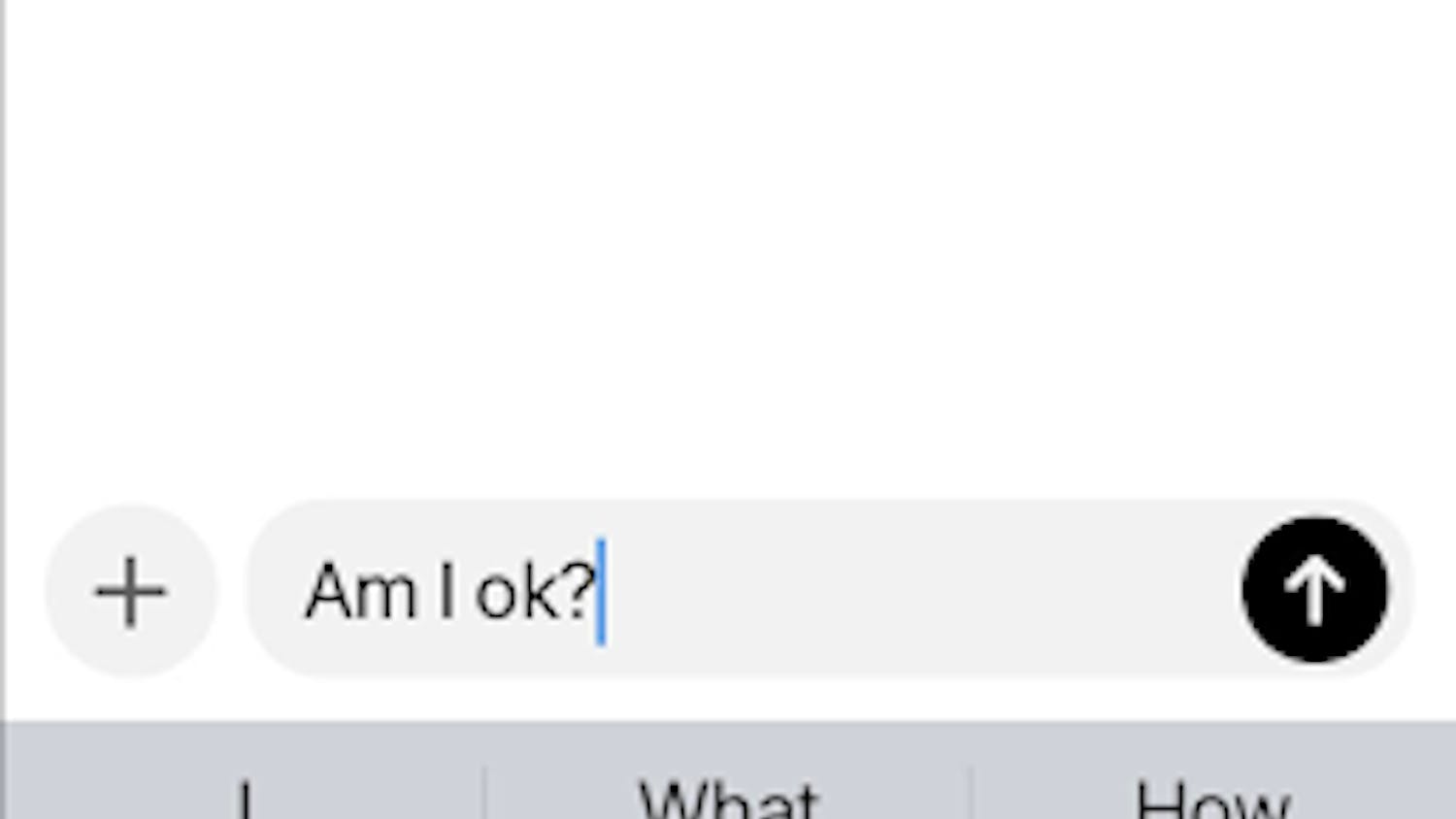
By Jackie Kraus
Correspondent
No wound comes without pain. The question is, however, how long until that pain begins to heal, and how long until the pain becomes accepted?
Monica Jacobe, associate director for the College’s Institute for English as a Second Language and American Studies, posed these questions, regarding America after Sept. 11, 2001, to those who came out to watch the film “Land of Plenty” on Tuesday night in the Library Auditorium. This film and discussion were a part of the Envisioning Europe series here on campus.
The movie portrays a post-9/11 America, following 20-year-old Lana, who has just returned home to the U.S. in search of her only living relative, Uncle Paul. Ex-Sergeant Paul spends his time playing special agent in a surveillance van, on the look-out for any sign of terrorism on the streets of Los Angeles.
The two finally met after one of Paul’s suspects was killed in a drive-by and brought to a mission home nearby, where Lana resided. Then embark on a road trip to bring the body to the victim’s brother, Lana in hopes of giving him a proper burial and Paul wanting to further his investigation.
After the movie finished, Jacobe opened up a question to the audience: What kind of America is this, according to the movie? The majority of the students agreed that although America has not healed completely, we are still working toward that goal.
Fiore Corcione, freshman biology major, said, “Although the lead character, Sergeant Paul, was a little corny at times, I think the movie kind of showed that even though America isn’t perfect post-9/11, we’re still trying to get there.”
From the discussion, it was clear that the events of 9/11 still affect Americans the same way now as they did then, though maybe now we are starting to look a little more to the future.
The program was mainly run by professor Jon Stauff, director for the Center of Global Engagement and history professor Cynthia Paces. The New Jersey Council for Humanities provided Stauff and Paces a grant to put together what became Envisioning Europe.
“It was inspired by the theme of tyranny and freedom this year, which was inspired by the revolution in Egypt last year. We felt it had global relevance because of that — a lot to do with fascism and communism in the 20th century,” Stauff said. “It came about through conversations between faculty, and kind of went from there.”
Last week, the topic of discussion was the Jewish refugees during the Holocaust. The next event in the Envisioning Europe series will be showings of the film “Los Girasoles Ciegos” (Blind Sunflowers) on Oct. 7 and 10.






